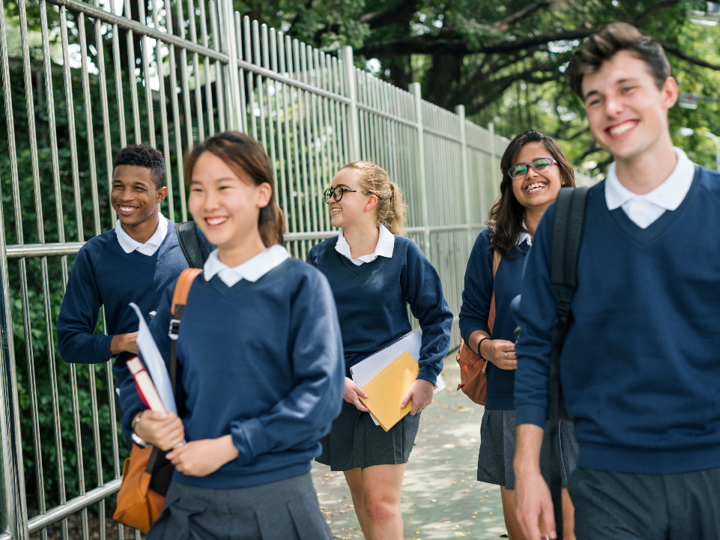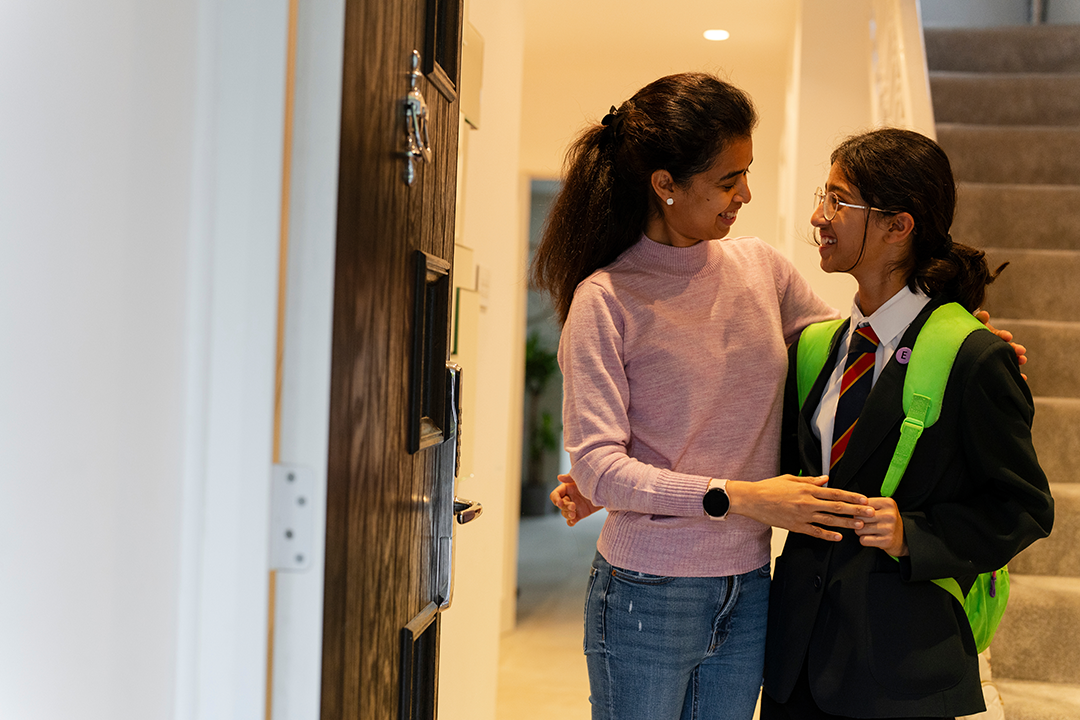Chronic fatigue: School

Having a long-term illness such as ME/CFS can have an impact on your child or young person's ability to attend school. It can also affect their memory and ability to concentrate.
Explore the topics on this page:
Difficulties attending school
Attending school in a typical way can be really hard for children and young people with ME/CFS. Some difficulties your child may experience are:
- managing the classroom environment, such as noise, bright lights and number of people in a classroom
- concentration and memory during learning
- finding it hard to work at the same speed as their peers
- managing more physically demanding lessons, such as PE, drama and technology
- managing the whole school day especially early mornings
Adjustments for ME/CFS in school
There are a number of ways that schools can accommodate for your child or young person.
- Formal part-time attendance - This is often needed for children and young people with ME/CFS. It can be agreed with their school in their Individual Education Plan (IEP). For some children or young people home based learning options may need to be considered.
- Time-out or withdraw cards - Many schools have a system where children and young people can have time-out or withdraw cards. These cards are used to indicate to their teacher that they need to leave the classroom to go to a pre-agreed room. This could be a hub or SEN area. Your child or young person's school will be able to explain how their process for these cards work.
- Changes to the school day - Similar to time-out or withdraw cards, rest periods give your child or young person a period of time to step away from the classroom and take a short break. They may also benefit from early access to lunch.
- Exam concessions - It may be helpful for your child to have extra time and/or rest breaks during their exams.
- Regular review meetings - Having review meetings with the school about your child or young person's education are important. A member of our team may also provide input.
- Changes to the environment - small changes can be made such as taking the lift rather than stairs, using a supportive chair or cushion. Using a locker may also help to reduce the time spent carrying belongings.

Concentration and memory
It is very common for people with ME/CFS to have difficulties with concentration and memory. A typical person can concentrate on a single task for approximately 20 minutes.
Some tasks can also be harder to concentrate on than others. For example learning on a screen or 1-to-1 learning can be more intense than learning in a classroom.
There are lots of ways to help your child or young person with their concentration and memory.
- Taking regular breaks - Taking regular breaks when working, especially when using screens, can help with concentration and memory. It is also important to have a short period of 'switch off' time during school or at home.
- Breaking down tasks into smaller steps - Sometimes, learning can be overwhelming in one big chunk. They can make this easier to tackle by breaking a task down into smaller chunks with rest periods in between.
- Writing down instructions and dates - You can get your child or young person a notepad, diary or to-do list to help them write down information. Sometimes getting a fun planner, notepad or stationery can encourage them.
- Using a visual task plan - A whiteboard or pin board can be used to display a timetable or list of tasks. They can add pictures or symbols if it helps. They should be able to mark their task as complete in whichever way is best for them.
- Using reminders - Your child or young person can use a mobile phone or tablet to put reminders in their calendar.
Last reviewed: 30 December, 2024

